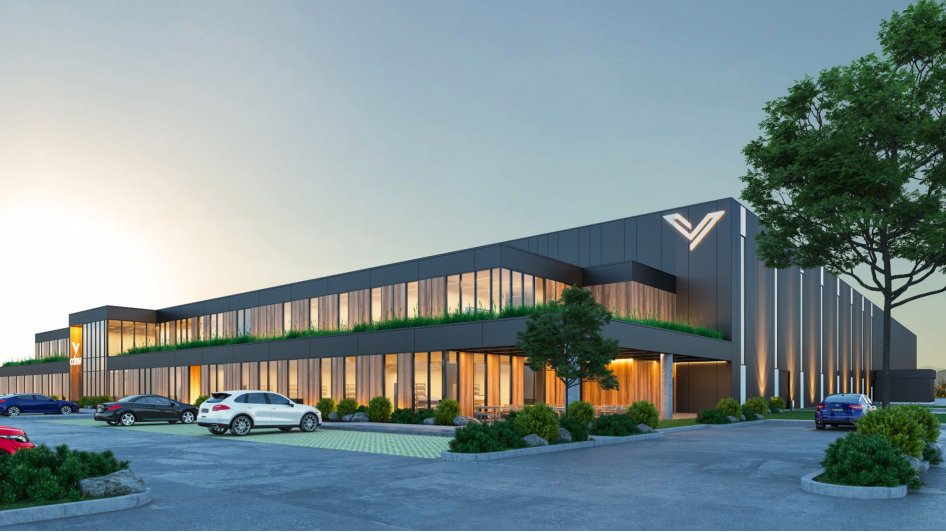Saint-Hyacinthe Technopole announced that a major investment will be made in the City of Agri-Food, Veterinary and Agri-Environmental Biotechnology, to build CDMV’s new facilities. The construction project is expected to break ground soon.
Saint-Hyacinthe Technopole will be erecting a brand new, two-story 135,000-square-foot building at the corner of Cartier and José-Maria-Rosell avenues, in the heart of Saint-Hyacinthe’s technology park. The organization will be investing 30 million dollars in the construction of the new building, which it will own.
CDMV is Canada’s leading distributor of products and drugs destined for veterinary practices. Its new facilities will house the company’s head office and all of its activities in Quebec. It will welcome 200-some workers, making this one of the largest projects in the City of Biotechnology’s history.
Construction will begin this spring and is expected to take around 12 months. Frare & Gallant will be the main contractor. The City of Saint-Hyacinthe has already extended the streets and public utilities in preparation for the construction work. CDMV should be able to move into its new facilities by the spring of 2022. A 25-year lease has been signed with the company.
André Barnabé, Saint-Hyacinthe Technopole’s general manager, said, “We are very proud to confirm that CDMV will remain on our territory. From our very first discussions about the project, the company’s executives clearly indicated that they preferred to remain in Saint-Hyacinthe, and we thank them for that. By moving to the City of Biotechnology, CDMV will benefit from a unique, productive scientific and business environment for companies involved in the veterinary industry.”
CDMV is an important pillar of the animal health innovation and production sector in Quebec and throughout the rest of Canada. By distributing innovative veterinary drugs nationwide, it is supporting the development of many manufacturers involved in this sector, including a number in the Saint-Hyacinthe region. Moreover, its contribution to the development of technological tools designed to help better manage veterinary practices has a significant impact on the protection of animal health and by extension, public health.


